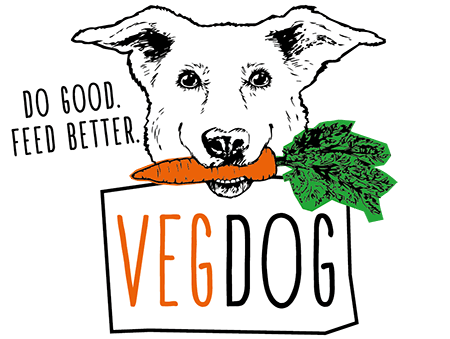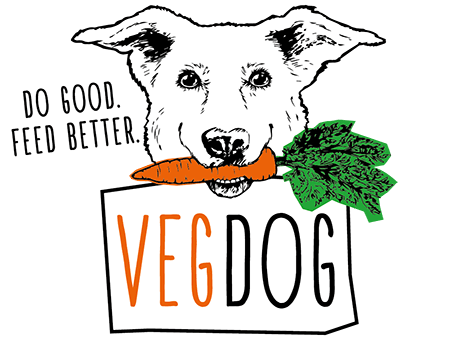Many people are now trying to avoid plastic, eat climate-friendly food, leave their cars at home more often and do much more to protect the climate and our planet's resources. Every step is important and praiseworthy.
But what about our dogs? What does their carbon footprint look like?
The average dog we refer to in this article weighs 15kg and lives to be 13 years old (1).
The average dog produces 0.2 kg of feces per day , which is 1 tonne in a dog's lifetime. In addition , 0.4 litres of urine per day , which is 2,000 litres in a dog's lifetime (2). This "output" is linked to soil acidification and freshwater ecotoxicity .
According to a 2020 study by the Technical University of Berlin, the average dog produces greenhouse gases in its lifetime equivalent to 13 flights from Berlin to Barcelona and back . That's quite a lot (1).
In total, one dog causes environmental damage per year that is equivalent to a 3,700 km car journey (3).
Considering that there were around 11 million dogs living in Germany in 2020 and the number is increasing (3), these are enormous numbers that have an equally significant impact on our environment.
The good news: we can reduce the negative environmental influences on our dogs.
Although we cannot control how much urine and feces our dogs produce each day, we can collect the feces and thus prevent them from acidifying the soil and making fresh water toxic (2). It is best to use sustainable poop bags instead of the classic plastic bag.
However, nutrition has a much greater impact: dog food accounts for around 90% of CO2 emissions (3)! This takes into account the use of feed soy, animal use, materials and transport.
And this is exactly where we can take action. We can reduce this number by switching completely or at least partially to plant-based food . Snacks in particular are ideal for reducing meat consumption and thus the CO2 footprint of furry friends.
The TU Berlin compared a meat-based diet with a plant-based diet: The average dog produces 8.2t CO2 equivalent with a meat-based diet (1), while a plant-based diet only produces 5.4t CO2 equivalent. Thus, a vegan dog diet saves 34% CO2 equivalent!
In 2021, we were able to save 664,243kg of CO2 equivalent with our products ! That's the equivalent of over 1,050 flights from Berlin to Barcelona and back (4). A number that we are very proud of and that you all contributed to! So at this point, a big thank you to you, because without you, this would not have been possible!
The most climate-friendly thing would be if there were no dogs. But that would only make life half as nice. It has been proven that dogs have a positive influence on the health of their owners (5), as they encourage more exercise and create feelings of happiness - not only in humans, but also in dogs.
However, the general rule is: the smaller the dog, the lower the CO2 footprint (3).
And an adopted dog – which in the best case is even fed a plant-based diet – has a smaller carbon footprint than one from a breeder anyway , since an adopted dog was already there and there is no additional environmental impact from the breeder.
You can find more tips on how to reduce your four-legged friend's carbon footprint in this blog post or in our upcycling videos on our YouTube channel :
 Lisa Walther
Lisa Walther








